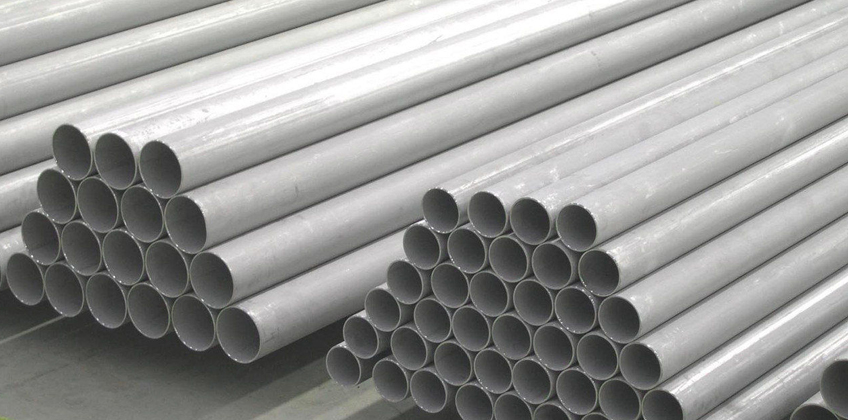Nickel alloy pipes are widely used in heat exchangers because of their high thermal conductivity, excellent corrosion resistance, and ability to withstand high temperatures and pressures. Here are some ways in which nickel alloy pipes can improve the efficiency of your heat exchangers:
- Corrosion Resistance: Nickel alloy pipes are highly resistant to corrosion, which is important for preventing the build-up of scale and other deposits on the inside of the pipes. This improves the efficiency of heat transfer and reduces the need for frequent maintenance and cleaning.
- Thermal Conductivity: Nickel alloys have high thermal conductivity, which means they can transfer heat more efficiently than other materials. This leads to faster heat transfer and more efficient energy use.
- Durability: Nickel alloy pipes are highly durable and can withstand high temperatures and pressures without degrading or becoming damaged. This makes them ideal for use in heat exchangers that operate under extreme conditions.
- Low Fouling: Fouling is the accumulation of deposits on heat exchanger surfaces, which can reduce efficiency and increase maintenance costs. Nickel alloy pipes are less prone to fouling than other materials, which can improve the overall efficiency of the heat exchanger.
- Wide Range of Applications: Nickel alloy pipes can be used in a wide range of heat exchanger applications, including power generation, chemical processing, oil and gas production, and many other industries. This versatility makes them a popular choice for many different types of heat exchangers.
Overall, the unique properties of nickel alloy pipes make them an excellent choice for improving the efficiency of heat exchangers, reducing maintenance costs, and improving overall system performance.

